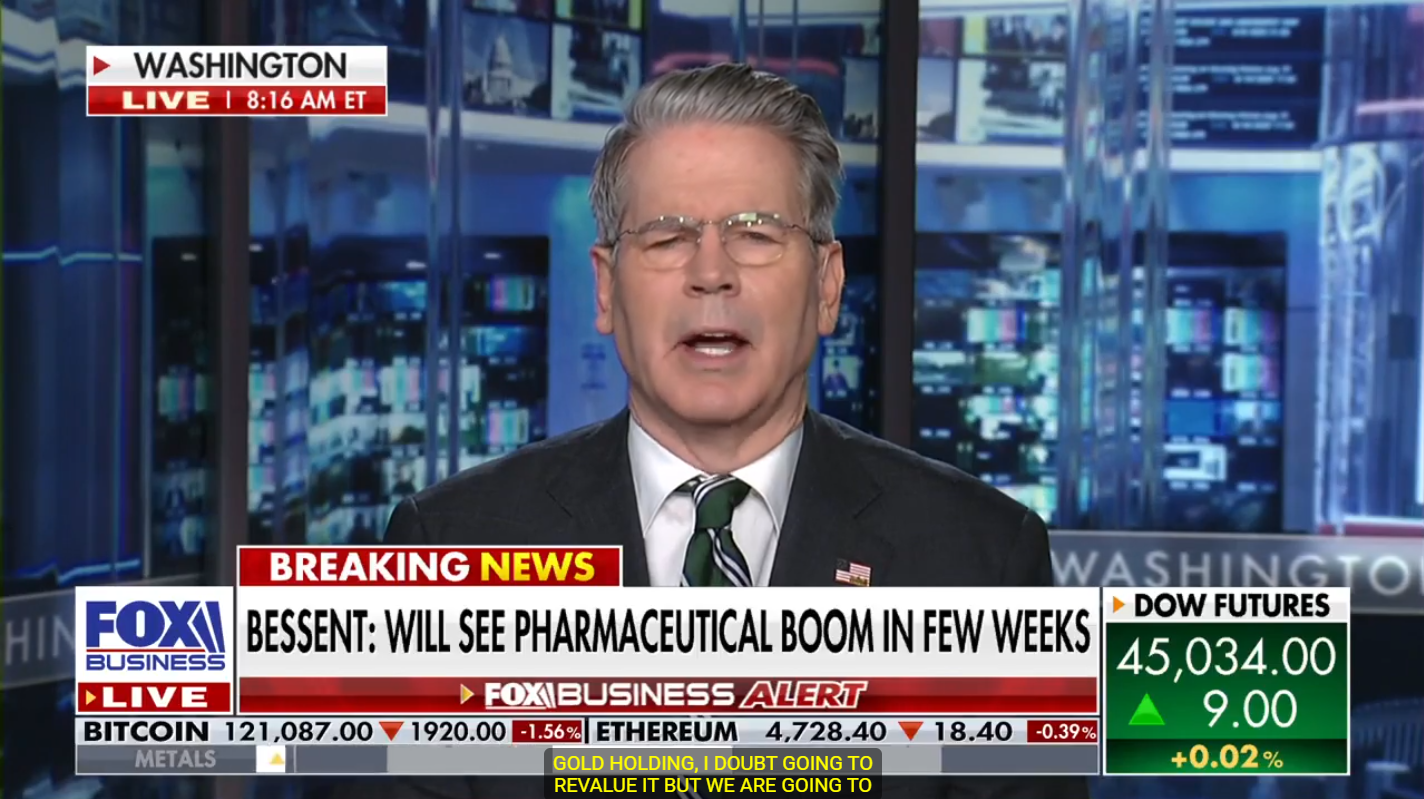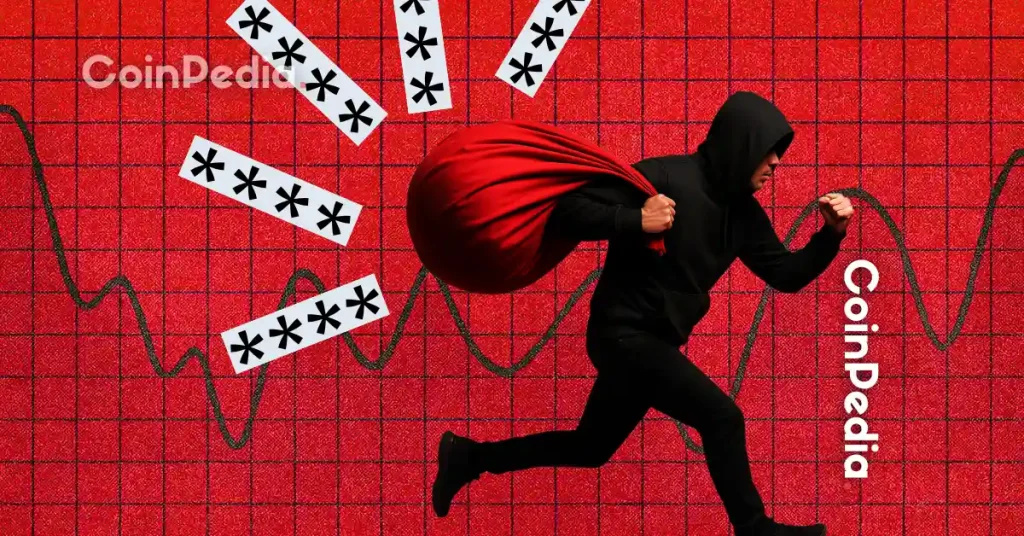14.08.2025 13:57
A purported ban on non-custodial cryptocurrency wallets, issued by Google and quickly dubbed "Operation Chokepoint 3.0," caused significant alarm within the cryptocurrency community before a swift correction from the tech giant. Initial reports suggested a new Google Play Store policy mandated that developers of such wallets obtain licenses under FinCEN or MiCA regulations, effectively imposing anti-money laundering and know-your-customer (KYC) requirements on users. This ignited a firestorm of protest, with many viewing the policy as a direct attack on the decentralized nature of cryptocurrencies and a blatant infringement on the freedoms of both developers and users.
Google promptly addressed the controversy, clarifying via its official Twitter account that non-custodial wallets were, in fact, outside the purview of its Cryptocurrency Exchanges and Software Wallets Policy. The company committed to updating its Help Center to reflect this accurate information, effectively dispelling the initial panic and clarifying the misinformation. This rapid response, however, did little to quell the already fervent outrage.
Prominent figures within the cryptocurrency sphere reacted vehemently. Jack Dorsey, Twitter's creator, condemned the initial announcement as "terrible," while Erik Voorhees, CEO of a cryptocurrency exchange, issued a provocative call to action, urging developers to destroy their phones in protest against what he perceived as Google's malicious intent. His statement emphasized a need for self-respect and customer loyalty, explicitly rejecting any form of compliance with the initially reported policy. Adding fuel to the fire, Francis Pouliot, CEO of Bull Bitcoin, even suggested enlisting Donald Trump to pressure Google into reversing its supposed decision, satirically commenting on the perceived hypocrisy of any "pro-crypto" stance otherwise.
The controversy highlighted concerns about potential violations of constitutional rights and international laws. Critics pointed to the inherent conflict between the alleged policy and Google's former motto, "Don't be evil." The coining of the term "Operation Chokepoint 3.0," a reference to a previous government initiative aimed at pressuring banks to avoid certain businesses, underscored anxieties surrounding centralized control over decentralized technologies and the perceived intention to restrict access to cryptocurrencies. The incident served as a stark reminder of the ongoing tension between established institutions and the evolving cryptocurrency landscape.











